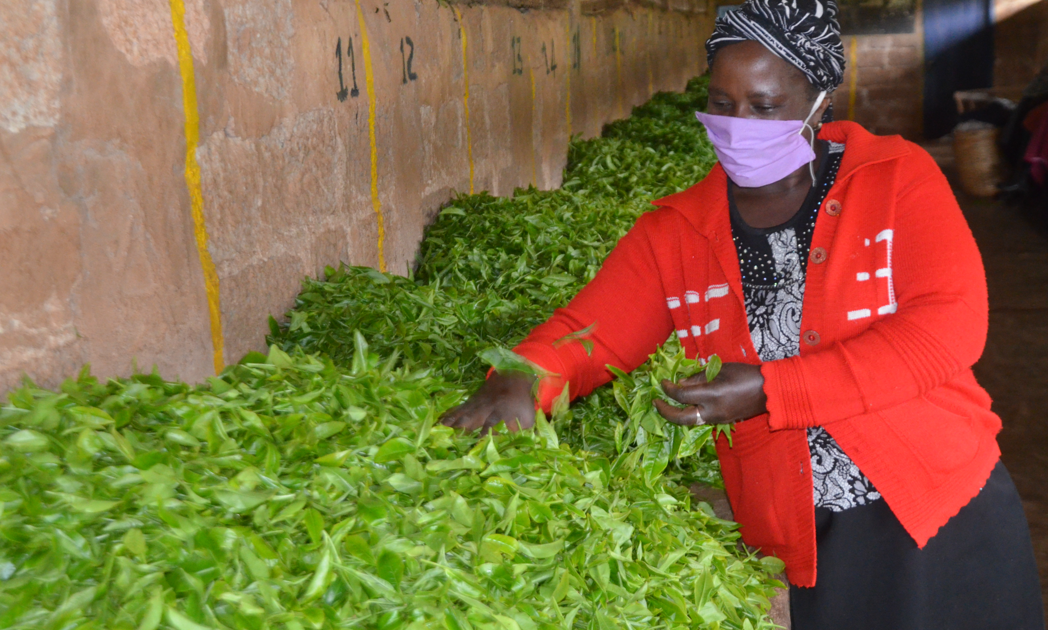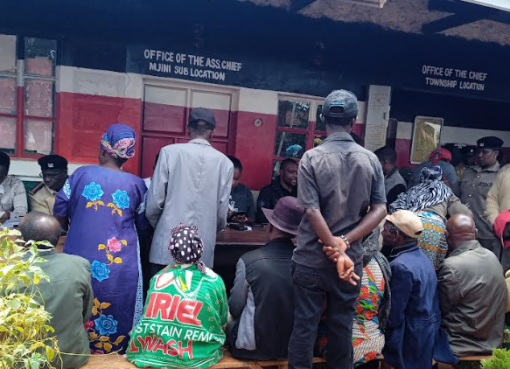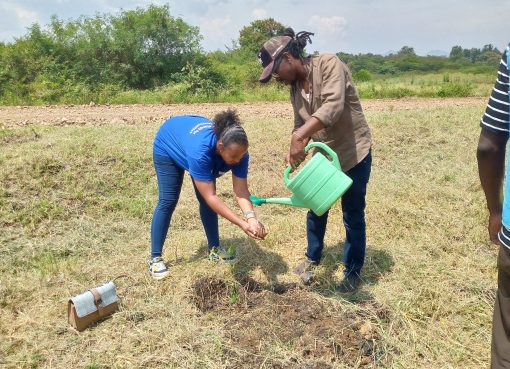With onset of long rains in some parts of Murang’a County, tea farmers are anticipating increased production after experiencing drought for several months.
The farmers since January this year, have been recording decreased production due prolonged dry weather conditions especially to tea growing zones.
The dry weather experienced in the region occasioned meager earnings as green leaf production dropped by more than 40 per cent.
A farmer from Kiambuthia area in Mathioya Julius Muraya told KNA that majority of farmers from the sub county were harvesting about 10 to 20 kilos of green leaf, down from over 100 kilos they used to harvest during wet seasons.
Muraya observed that low production led to decreased monthly earnings forcing them to source for loans from various financial institutions.
“The production since January has been affected by drought. Harvesting about 20 kilos of green leaf is not near enough to make any meaningful earnings. This has forced some of us to accrue loans from banks and Saccos.” Explained Muraya.
Each of the 10 KTDA allied tea factories in Murang’a has capacity to process more than 240, 000 kilos of green leaf on daily basis but due to drought the a factory is currently receiving roughly 40, 000 kilos.
Some tea factory chairpersons including Chege Kirundi (Kiru), Michael Kamau Ngatia (iria ini), Samson Kaguma (Gatunguru) and Dr Muthoni Waithanji (Gitugi) confirmed that all the factories were operating below capacity due to decreased production of green leaf.
They revealed that green leaf plucking days have been reduced to four to allow the factories to operate at the optimum.
“We have organised the farmers in such a way to ensure we remain operational and sell our teas,” said Kirundi.
On his part, Kaguma observed that Gatunguru tea factory was operating at 40 per cent getting between 20,000 and 30,000 kilos of green leaf daily.
“Farmers allied to the Gatunguru tea factory used to deliver between 100,000 and 120,000 kilos of green leaf, but now we are at the lowest level, we hope long rains will boost production.” said Kaguma.
A director from Ikumbi Tea factory in Kigumo Jerald Ngumba highlighted that depressed rainfall in tea growing zones has negatively affected functioning of most factories.
He said due to decreased production, some factories are forced to halt processing till the needed quantity of green leaf is delivered to the factories.
“Tea needs high rainfall but since January most parts of the county have not received rain. Some bushes dried up. The county government can consider providing water for irrigation. The cash crop is a source of livelihood to many farmers in this country,” stated Ngumba.
By Bernard Munyao





